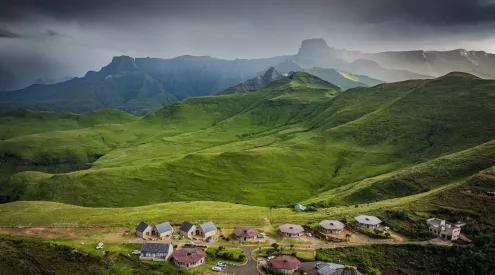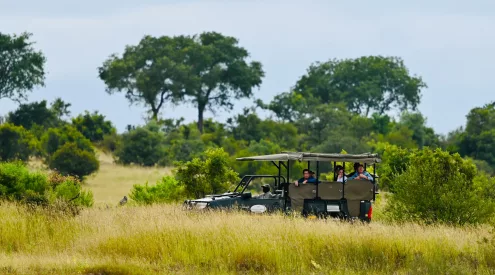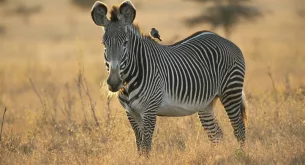Pekapeka-tou-roa, also known as the New Zealand long-tailed bat, ruffled some feathers as it reeled in the votes for New Zealand’s bird of the year competition.

Despite being New Zealand’s only endemic land mammal, very few people are aware of the animal, which faces the same threats as the nations native birds.
In what proved to be the most popular year in the competitions 17-year history, with more than early 57,000 voters around the world weighing in for this year’s online competition
Pekapeka-tou-roa flew ahead of all of its avian rivals by 3 000 votes. The bat had some strong backing, with New Zealand’s Ministry of Environment announcing that it endorsed the bat’s campaign.
A huge congratulations to the pekapeka long-tailed bat for winning #BirdoftheYear 2021! 🦇🏆
Despite being our only endemic land mammal, most people don’t even know they exist, which makes their win even more outstanding. pic.twitter.com/dZEMNn7t5H
— Forest & Bird (@Forest_and_Bird) October 31, 2021
New Zealand’s Bird of the Year is awarded by Forest & Bird, New Zealand’s leading independent conservation organisation, and is a hotly contested competition clouded in controversy.
In 2019, hundreds of votes from Russia sparked claims of election meddling. These votes were ultimately deemed legitimate, with a Forest and Bird Spokesperson claiming that interest from Russian ornithologists was responsible.
And the year before that, 300 fraudulent votes were cast in the online ballot by Australians, attempting to rig the contest in favour of ‘the shag’.
But organisers claim that this years result was not subject to any such interference, having included the nations two native bat species among the avian contenders to raise awareness.
This undoubtedly will bring the rather obscure animal into the spotlight, where New Zealand’s long-tailed bat is critically endangered and most of the nation’s citizens have never seen the shy animal, which can reach speeds of more than 55 km/h.
Picture: Twitter
ALSO READ
Birdlife South Africa’s bird of the year 2021: The Cape rockjumper















